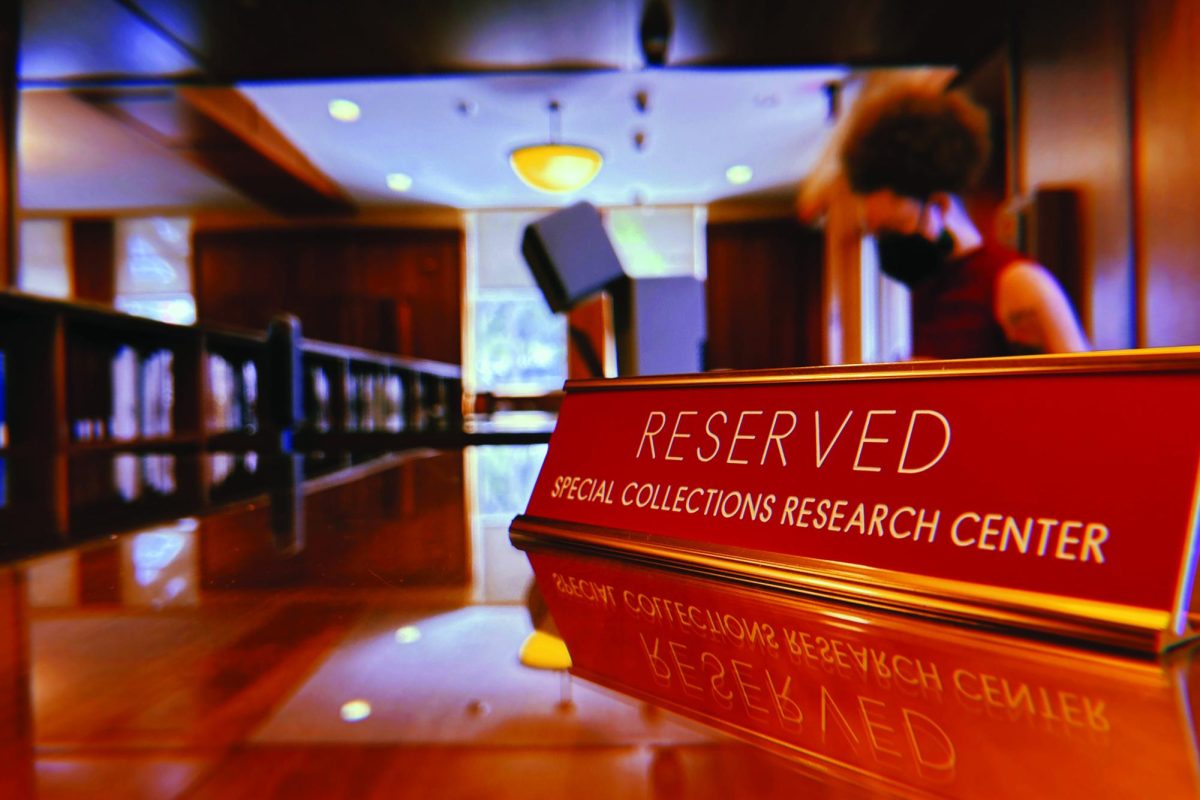It’s 3 a.m. You’re sweating, fidgeting, pacing back and forth between your bed and your computer. Your desk is littered with take-out boxes, empty energy drink cans and coffee cups. You contemplate heading for the library, but you realize that there won’t be any empty chairs to sleep in if you get tired. It’s exam week, and you can’t remember jack.
The process of studying is long and tedious. By the time you finish memorizing everything about the Renaissance, you’ve forgotten about the Dark Ages. When in the midst of a stressful period like exam week, it can be hard to know which study habits work and which don’t.
So, in honor of exam week, here is the lowdown on the inner-workings of your brain, some bad habits you should break, and how to study better than ever before.
How the brain stores information
Science hasn’t quite figured out all the details of information storage and learning yet, but there are some insights into how it all works. The process of learning can be summed up as the changing of neurons which are the cells in the brain that process and transmit information. When learning occurs, neurons change the connections they have with other neurons and change the amount and types of neurotransmitters (chemical messages) that are sent. All of this occurs in the parietal and temporal cortexes.
The hippocampus is vital for forming new memories. Scientists believe the experiences that make up a complete memory are sent from the senses to the cortex, and then to areas around the hippocampus. These areas ‘bind’ the memory together before sending it to the hippocampus, where contextual or location information is added to complete the memory.
Source: The College of New Jersey, sciencemuseum.com
Study Secrets: myth versus reality
– Myth: Caffeine will keep me focused
– Reality: Caffeine can help ward off adenosine, which is believed to cause mental fatigue, but too much can cause jitteriness and distraction. Lower levels of caffeine seem to be more beneficial, so it’s time to break that Red Bull habit. A hundred milligrams — about one cup of coffee — is plenty.
– Myth: Certain natural supplements can boost my memory
– Reality: Probably not. Supplements such as Ginkgo Biloba, Ginseng and fish oils have been touted as memory remedies, but research has not fully supported any of these claims. Instead, make sure to get 100 percent of your daily vitamins. It can’t hurt, and B vitamins are essential for nervous system function.
– Myth: Cramming the night before works
– Reality: This “study secret” fails on two levels. One: For the information you study to be useful, it must be stored in your long-term memory. This requires repetition and recall over a period of time — time you don’t have the night before an exam. Two: Cramming is typically practiced in lieu of sleep, an essential player in the process of memory storage. Deep, slow-wave sleep allows the days information to be processed and organized into your long term memory, making it easier to recall information. Sleep specialists suggests getting seven to nine hours of sleep every night.
– Myth: I deserve a night of drinking after a day at the library
– Reality: Some recent studies have shown that small amounts of alcohol every day (one drink for women and two for men) have been found to be beneficial for information retention. However, the social binge drinking practiced by many college students can block memory storage, and, therefore, learning. What you learned that day may not ever make it into your long-term memory. Keep the partying to a minimum.
– Myth: Using unprescribed Adderall or Ritalin will help me study
– Reality: Besides being completely illegal, illicit use of prescription stimulants can have harmful side effects. At first, the drugs can sharpen focus, but the positive effect can be accompanied by headaches, anxiety, and insomnia — all which inhibit good study habits.
Sources: Wired.com, HowStuffWorks.com, MedicalNewsToday.com
Tips for study success
– Take it slow: Make a schedule of your exams and when to study for them. Give yourself a few days to spread out your studying for each exam: complete the study guide on day one, make flashcards on day two, and review them on day three.
– Understand the information: Don’t just skim over your notes, make an effort to understand the ins and outs of the material. Re-write your notes in your own words or ask a friend to let you “teach” them your study material.
– The three Rs: Getting all that information into your long-term memory requires repetition, recall and review. Go through your study materials several times. Then, set up a self-test. Finally, review what you got wrong.
– Give yourself a break: Get away from the books every once in a while. Go to the Rec Center and bust some stress, take a walk to clear your head, or go out to eat and relax with friends. Exams are important, but don’t let studying monopolize your time.
– Associate facts with meaning: By relating a picture with a word, making up a story or creating rhyming phrases with information, you can improve your memory. However, this can lead to false memories: you can accidentally ‘remember’ closely linked words that aren’t actually on the list.



